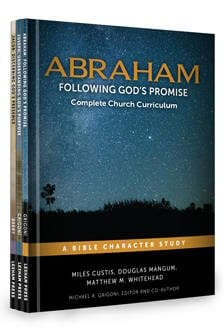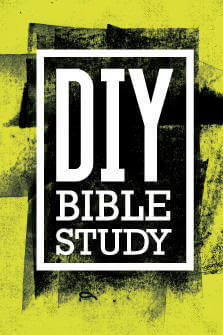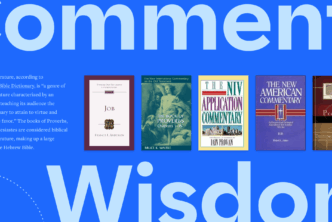
If you read Christian books, it’s not uncommon to find yourself looking at a list of questions at the end of each chapter. These questions encourage you to interact with the material on a personal level, and help you process what you’re learning. Sometimes they’re designed for groups. Sometimes they’re just for you.
What I want to know is, “Do people use them?”

Recently I’ve been reading When Helping Hurts, which utilizes questions like these at both the beginning and the end of each chapter. At the start of each chapter, these questions are intended to gauge your current understanding of the subject at hand (in this case, poverty alleviation). They also help you see how your current perceptions stack up against what you’re learning in the text. At the end of the chapter, follow-up questions ask you to reflect on your original thoughts and see how new insights may have changed your response. These questions help highlight specific areas that you’re growing.
While I understand the value of these questions, I never use them.
I’ve always seen these questions as “conversation starters” for reading groups. They’re touch points for creating a larger dialogue about the subject. That may not be accurate, but when I’m reading a book by myself, that perception makes it easier to skim over these questions without feeling like I’m missing something.
To find out if this was just me, I headed to Faithlife.com and posed the question to almost 400 Faithlife employees.

Fred Sprinkle from design said he never reads discussion questions. He says, “Maybe it’s because I already feel like I’m reading enough. Or, perhaps I shy away from anything that reminds me of a school test or assignment. I might feel different if I was trying to lead a book group though.”
Similarly, Matt Miller says, “The ones I’ve encountered are tailored more as devices for recall of the content rather than instruments to encourage critical thinking.”
Not everyone was opposed to discussion questions though. There were just as many people in support of them.
“I think discussion questions are always helpful because they can help you apply the material or draw your own conclusions based on the text,” says Abby Salinger from Lexham Press.
For those who reflect on what they read through writing in a journal, discussion questions are useful writing prompts.
“I’m reading Shauna Niequist’s new devotional, Savor, and I’m finding the short discussion questions to be great prompts for journal writing, reflection, and prayer,” says Erin Land from Vyrso. “Discussion questions are great in devotionals, but I don’t think I’ve used them much elsewhere in Christian books.”

When what you’re reading is designed to be a brief mediation or a segue into personal reflection and prayer, questions help you make a smooth transition from the author’s thoughts to your own. If each chapter is only a piece of the overall message though, or you read several chapters in a row, questions before and after each chapter can feel like an overwhelming interruption to your study.
The common thread I noticed through this conversation about discussion questions was that people like questions that make them think. That’s why we read—to expand our perspective and think about the material in new ways. Questions that ask you to recall information or that “test” your understanding of the subject matter aren’t as valuable when you aren’t preparing for an exam or an essay.
Justin Marr from Lexham Press put it this way: “I find them helpful as long as they’re open ended. Questions that demand specific answers aren’t as conducive for introspection and application.”
So what do you think?
Tell us why you use discussion questions (or why you don’t) in the comments!





